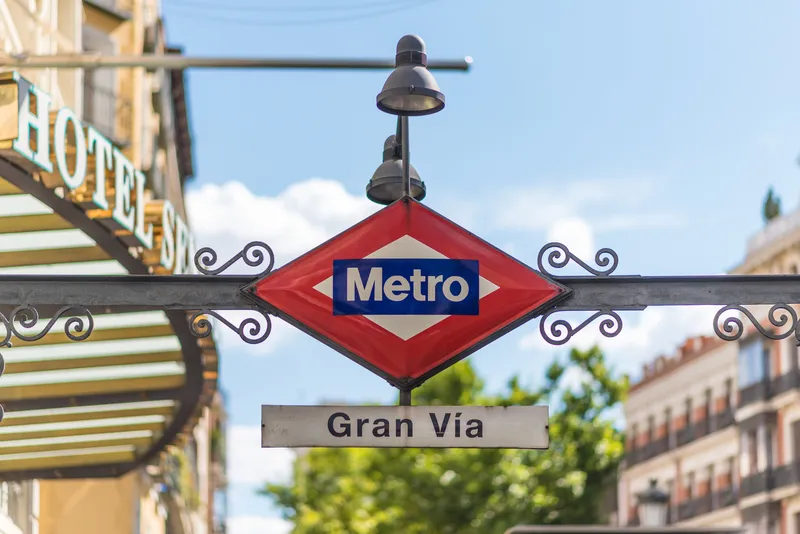Spanish infrastructure company Ferrovial Services and Renault are to implement a car sharing service in Madrid from October 2017, with an initial fleet of 500 electric vehicles located within the M-30 beltway and in some adjoining areas. The service will use the new Renault ZOE Z.E 40, an electric car with a rated autonomy of 400 km, which extends range and usage time. The cars also have a capacity of five seats
September 1, 2017
Read time: 1 min
Spanish infrastructure company
The service will use the new Renault ZOE Z.E 40, an electric car with a rated autonomy of 400 km, which extends range and usage time. The cars also have a capacity of five seats
Further details, prices and other characteristics of this new sustainable mobility service for will be released shortly.









